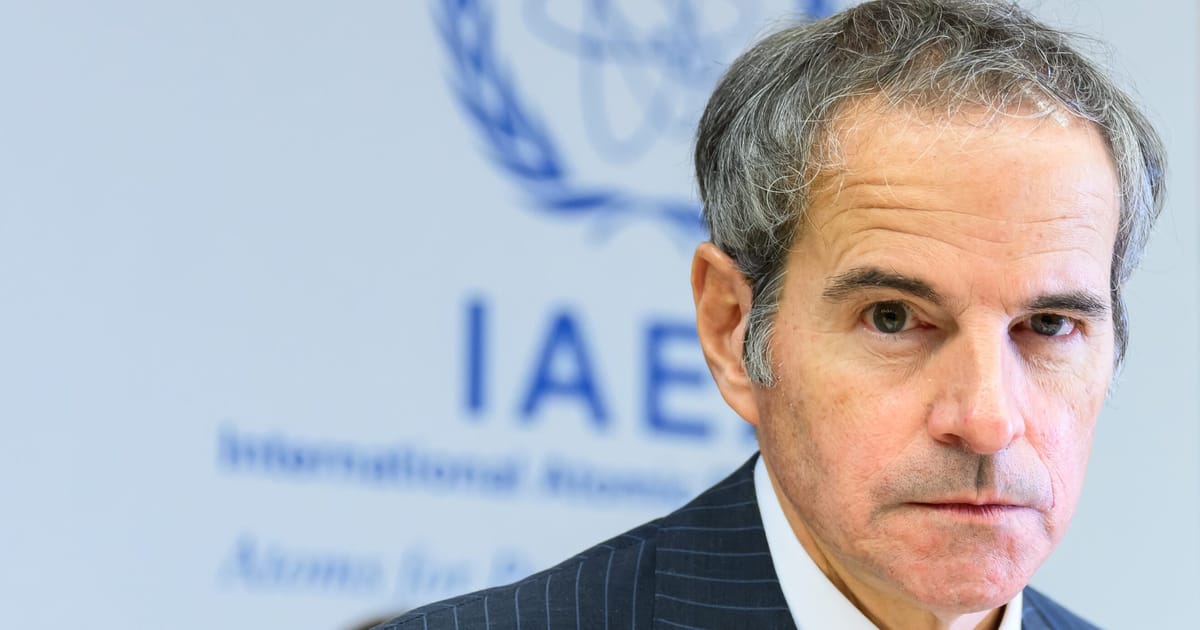

Amidst a constellation of intricate geopolitical issues, recent events in the Middle East serve as a reminder of the complexities surrounding regional stability. In a world fraught with conflict and humanitarian challenges, the international community finds itself in a delicate balancing act, striving to address longstanding issues with hope and dialogue.
Recent developments have highlighted the challenges faced by the International Atomic Energy Agency (IAEA) as Iran has decided to restrict access to its nuclear facilities. This comes after allegations that sensitive facility data were possibly obtained by Israel, creating a ripple of unrest. The situation underscores the ongoing discourse around nuclear transparency and international oversight, as dialogues continue to find a peaceful resolution to nuclear proliferation concerns.
The United States, meanwhile, reflects its own complexities in navigating international policies with the Senate’s decision to reject a resolution aimed at limiting the powers of former President Donald Trump concerning military actions in Iran. This vote, notable for largely following party lines, reveals the intricate dynamics within U.S. politics in shaping its foreign policy strategy in the Middle East.
Concurrent with political tensions, the humanitarian situation in conflict zones remains dire. The World Bank’s assessment points to an alarming rise in poverty, particularly in regions engulfed by conflict across the African continent. As instability continues to thwart economic growth, more than a billion individuals are left facing hunger, urging nations to rethink strategies to alleviate poverty and enhance support systems for those in war-torn regions.
In Gaza, the situation remains precarious as Israeli airstrikes have led to significant loss of life. Over 60 casualties have been reported, yet hopes for a ceasefire still flicker. The ongoing hostilities exacerbate an already critical humanitarian crisis, drawing calls for immediate international intervention and peace talks advocated by neighboring Qatar.
As civil unrest prevails, the United Nations has condemned the reported incidents of violence at aid distribution sites in Gaza, labeling the ongoing efforts as inadequate and harmful. Médecins Sans Frontières (MSF) has criticized the current distribution strategies, calling them “slaughter masquerading as humanitarian aid.” The organization’s statements emphasize the importance of prioritizing the safety and dignity of affected communities while ensuring critical resources reach those in distress. Meanwhile, an Israeli inquiry has been launched to investigate these claims, signaling a step toward accountability.
Furthermore, transport logistics in the region are being reconsidered, as illustrated by Emirates’ temporary suspension of flights to Tehran. This decision, attributed to the prevailing regional tensions, is a clear reflection of the widespread impact of the current climate on civilian life and commerce.
Challenges extend beyond the Middle East; in Europe, a somber discovery was made in Portugal with the recovery of a missing youth’s body along the Cávado River in Barcelos. This tragic incident reminds us of the universal importance of community and kindness in times of loss.
Each of these events, while regionally focused, resonate globally, underscoring the interconnectedness of our modern world. In mindful reflection, these circumstances call for collective action guided by compassion, empathy, and shared humanity. Together, nations must strive to cultivate dialogue over discord, cooperation over conflict, and kindness over competitiveness.
Source: {link}
